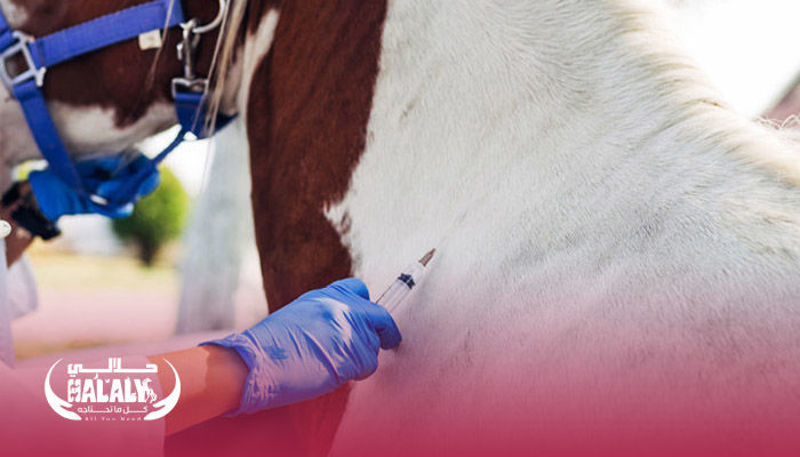Do you raise horses?
Then you are probably aware that Urinal infections and diseases are quite the struggle for your horses. Unfortunately, the consequences may lead to death if not treated properly.
If you notice that your horse is having difficulties urinating, then it probably has a problem with its urinary system such as (bladder inflammation and infection), urethritis (urethral infection), or urinary calculi which symptoms might include straining or adopting unnatural posture and then dribbling or not passing any urine, or too many brief urinations (stones).
An Adult healthy horse urinates four to ten times per day on average. Ideally, the flow should be strong and continuous. So, in order to determine whether your horse has a problem with its urinary system; it is crucial to pay attention to how often the horse urinates.
There are also other indicators such as Inflammation, soreness, and swelling which can be recognised visually, by external palpation, and by clear symptoms of pain since the kidneys are so close to the top of the horse's back (the right just below the final three ribs and the left somewhat farther back).
Other problems like Kidney stones could be detected by the flow of the urine or observing the horse behavior as horses with this condition may occasionally have recurring bouts of colic or an altered gait.
If kidney stones or gravel are detected, an expert horse veterinarian should be consulted as soon as possible, as diuretics may transport tiny stones or gravel into the ureter and produce an obstruction. This is excruciatingly painful and can result in renal colic as well as tissue damage. It is not advised to use an over-the-counter diuretic in these circumstances.
The question here is how to protect your horse’s urinal system?
The answer is simple, just Water and Cleanness.
1- Water
A fundamental of basic nutrition is unrestricted access to vast volumes of clean, pure drinking water. Water is a necessary nutrient, and the higher the quality, the better.
In hot weather, an average-sized horse (450 kg) has to ingest around 10% of its body weight daily to maintain optimal water levels. If horses consume wet mixed feeds and/or lush grasses, they will contribute to this proportion.
Water intake will vary based on climate, temperature, age, size, work load, electrolyte balance, and whether or not the horse is unwell, in addition to the characteristics listed above.
2- Cleaness
Troughs and water containers should be cleaned on a regular basis to keep the water in them clean and appealing. Horses will frequently drink insufficient amounts of water for reasons other than hygiene. Automatic waterers in stables and yards, as well as water in plastic buckets, particularly tiny ones, are the major causes. Larger containers encourage horses to drink more. Water can be stored in concrete troughs, old bath tubs, or laundry tubs. However, the sides of both, especially old bath tubs, should be covered with rubber, as they may easily cause splints if horses knock their legs on them.
Now let’s discuss what to do if your horse actually has problems with it’s urinal system?
First,you need to seek professional help as soon as possible. The vet will mostly write you an antiseptic to inject your horse with. Most of the vets recommend Urotrop as it’s 40% Concentrated. Over the past years Urotrop has been showing amazing and fast results on sick horses. You can order it from here
Give your horse plenty of fresh, clean water to drink. Make sure that the troughs, water containers and the stables in general are clean. Get an experienced vet to examine your horses regularly. Do the above and be assured that all what your horse need for a healthy urinary system has been fulfilled























































